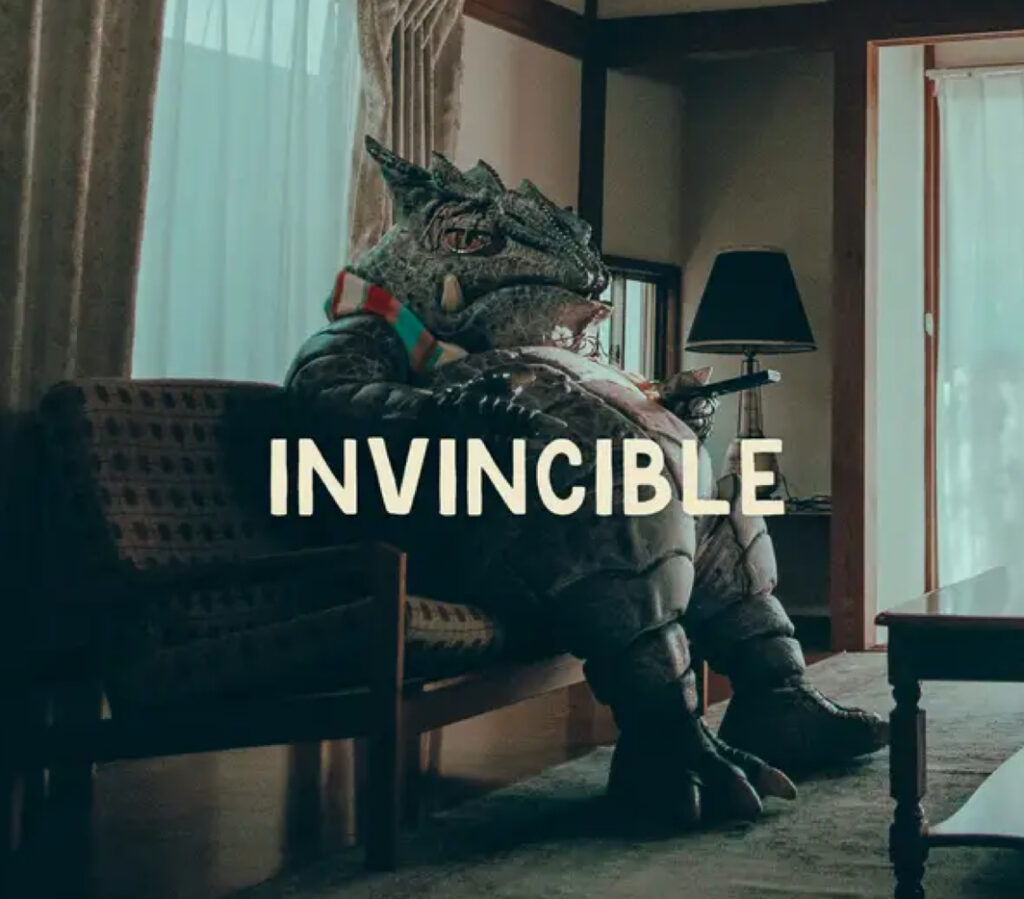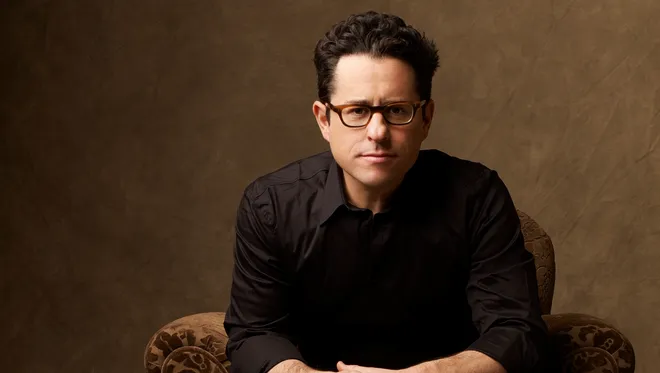Anime theme songs carry weight. They’re not just intros or outros—they set the tone, carry emotional resonance, and become the anthem that echoes in your head long after the credits roll. So when Kaiju No. 8—one of 2024’s most anticipated anime adaptations—unveiled its latest track, the expectations were sky-high.
Enter OneRepublic.
Their new single, “Invincible (from Kaiju No. 8),” released on April 18, 2025, is more than just an insert song. It’s a full-on emotional and sonic alignment with the series’ core themes: survival, struggle, identity, and transformation. And it delivers.
OneRepublic Enters the Anime Arena—Again
This isn’t the band’s first step into the anime space. In 2024, they shocked longtime fans (and pleasantly surprised anime purists) with “Nobody,” the gentle and introspective ending theme to Kaiju No. 8. That track leaned on melancholy and reflection, giving audiences space to exhale after action-heavy episodes.
“Invincible,” however, is something else entirely. It’s a rallying cry.
Clocking in at just under four minutes, it blends driving percussion, layered instrumentation, and Ryan Tedder’s unmistakable vocals into a track that refuses to stand still. It surges. It climbs. And when the chorus hits, it explodes:
“Round and round and round we go / Wherever we stop, nobody knows / In the end, we lose control / But right now, we’re invincible.”
It’s confident but not cocky. Hopeful, but grounded in realism. And in that balance, the song reflects exactly what Kaiju No. 8 is all about.
The Sound of Struggle and Survival
At its core, Kaiju No. 8 is a story about being caught between two worlds. Kafka Hibino, its lead character, is not your typical shonen hero. He’s in his 30s. He’s jaded. He cleans up kaiju corpses instead of fighting them. But when he suddenly gains the ability to transform into a kaiju himself, everything changes.
That messy duality—between the monster and the man, the outsider and the protector—is what “Invincible” channels so effectively. This isn’t a power fantasy. It’s about pushing forward when you’re not supposed to. Fighting even when you’re fractured. Believing, even if you know it might break you.
Musically, the song mirrors that arc. It starts tense, controlled, almost anxious. Then the chorus crashes through with the sound of release. The bridge pulls back, breathing just enough to let the lyrics sink in. Then comes the final run—louder, sharper, like the moment a character charges forward with nothing left to lose.
This is shonen energy—translated through the lens of Western pop-rock.
A Cross-Cultural Success
In the past, anime theme songs were the domain of Japanese bands, J-pop idols, or hard-rock outfits like LiSA and SPYAIR. That tradition is still strong—and important. But in recent years, we’ve seen a shift: international artists aren’t just dabbling in anime culture. They’re shaping it.
OneRepublic isn’t cosplaying Japanese music trends. They’re bringing their full identity into this space. The result isn’t watered down or out of place—it’s honest. And that honesty resonates with Kaiju No. 8’s international fanbase, which spans from Tokyo to Toronto to São Paulo.
This is genre blending, not genre bending. And it works.
A Visual and Sonic Match
Though “Invincible” isn’t the official opening or ending theme, it plays during a pivotal section of Kaiju No. 8’s current theatrical special—released in April 2025 across North American theaters. The episode, which features an extended battle sequence and emotional turning point, uses the track as a framing device: the music swells as Kafka confronts not only a new kaiju threat but his own growing fear of losing control.
In the scene, the lyrics echo the visual narrative. The line “we lose control” isn’t just metaphor. It’s literal. Kafka’s power grows harder to contain. His transformation blurs the line between hero and weapon. And yet, the music urges him—and the viewer—to hold on to hope.
That’s what makes “Invincible” so effective. It doesn’t just play over the action—it amplifies it. It turns a great moment into an unforgettable one.
Tedder’s Voice, and the Band’s Emotional Code
OneRepublic has always walked the line between polished pop and earnest emotion. From “Apologize” to “Counting Stars,” they’ve made music that’s radio-friendly but never hollow. “Invincible” follows that tradition, but there’s an urgency to it that sets it apart.
Ryan Tedder’s vocal performance carries weight. There’s grit in the chorus, restraint in the verses, and a cracking edge in the final stretch. He doesn’t sound like someone singing about invincibility from a pedestal. He sounds like someone clawing toward it.
In a show like Kaiju No. 8, where characters are constantly balancing power and vulnerability, that matters.
A New Standard for Anime Collaborations
We’re living in an era where anime no longer sits in a cultural silo. It’s global. It’s mainstream. And it’s becoming a platform for genre-defying, boundary-pushing musical partnerships.
“Invincible” is part of that movement. Like Billie Eilish on Spy x Family Code: White, or LiSA’s legendary turn on Demon Slayer, OneRepublic’s involvement is a signal that anime is where innovation happens now—not just in animation, but in sound.
More importantly, it shows respect. OneRepublic didn’t phone it in. They showed up. They listened. They understood the tone of the show and crafted a track that feels essential, not just attached.
Flow
“Invincible (from Kaiju No. 8)” isn’t just a good anime song. It’s a powerful reminder of what anime music can do when it’s given space to breathe—and when artists treat the source material with the seriousness it deserves.
It doesn’t matter if you’re a OneRepublic fan discovering anime for the first time, or a manga reader hearing their favorite panel come alive through music. “Invincible” bridges that gap.
Because in the end, the best anime songs don’t just support the story. They become part of it.
No comments yet.








